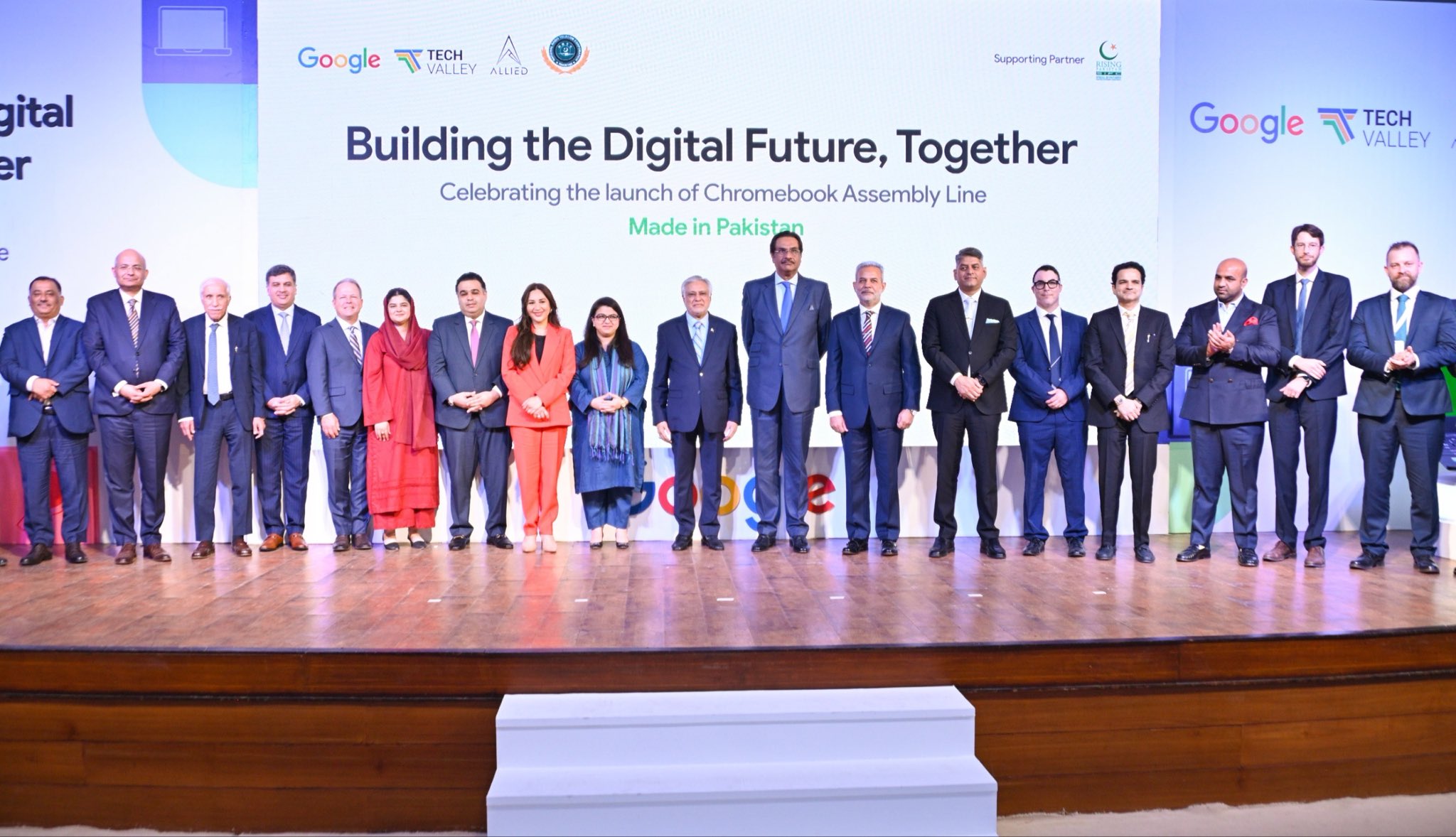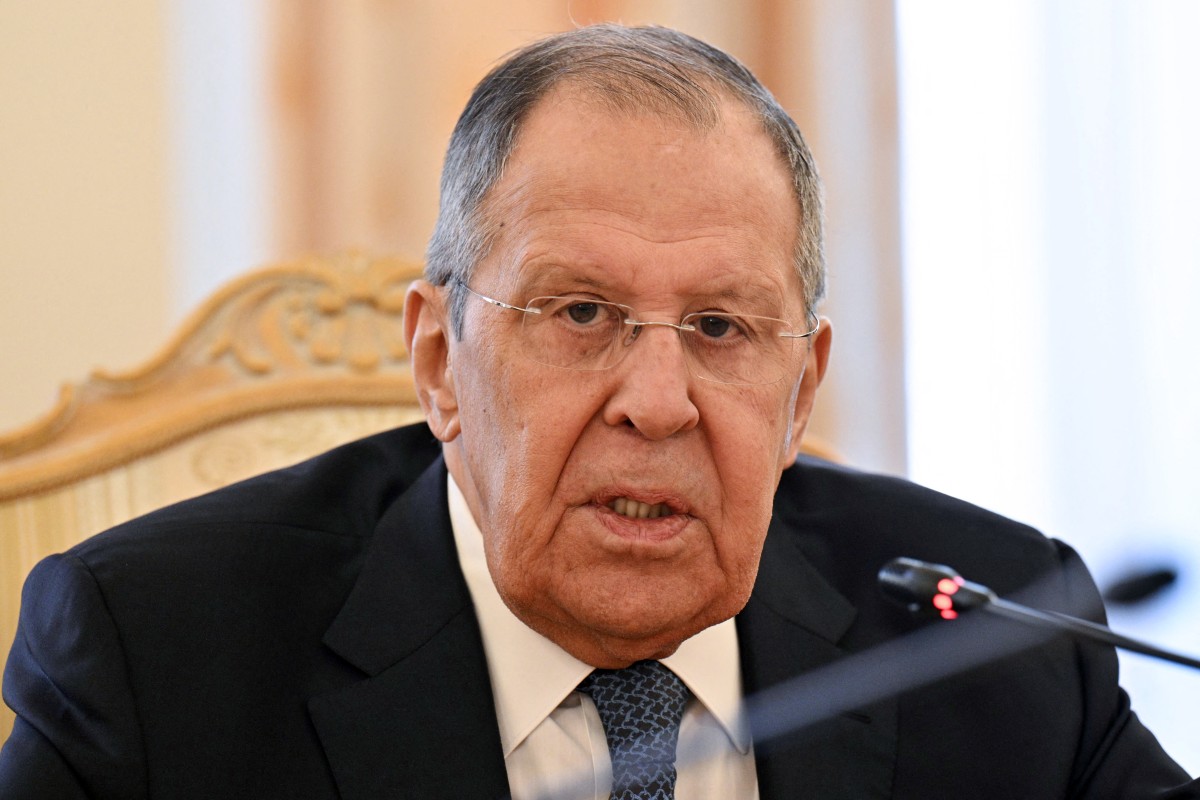ISLAMABAD: Deputy Prime Minister and Foreign Minister Senator Mohammad Ishaq Dar on Tuesday launched Pakistan’s first Google Chromebook assembly line in Islamabad, calling it a “historic milestone” in the country’s digital transformation journey.
Speaking at the launch ceremony, Dar said the initiative would make digital tools more affordable and accessible, particularly in the education sector. He said the local assembly of Chromebooks would promote inclusivity and enhance learning opportunities for students across Pakistan.
“This is a defining moment for our country’s digital transformation,” Dar said, adding that the project marked “a powerful endorsement of Pakistan’s digital potential” and the government’s commitment to fostering innovation and entrepreneurship.
The deputy prime minister highlighted that Google’s decision to establish a local office in Pakistan represented “a moment of national pride” and a step toward closer collaboration between global technology leaders and local startups. He said the company’s local presence would enable direct partnerships, capacity building, and easier access to global digital platforms.
“Together, we will also advance localized AI-powered solutions, such as Android services for public safety, and offer 100,000 Google Career Certificates to equip Pakistanis with world-class digital training and globally recognized credentials,” he added.
Dar said Pakistan’s policy was focused on creating a favorable environment for international technology firms to invest, innovate, and build sustainable operations in the country. He noted that the government was also working to rationalize tax structures to encourage investment and make Pakistan a regional hub for technology development.
Dar said the government remained committed to fostering an environment conducive to innovation and investment, adding that reforms — including tax rationalization — were aimed at making Pakistan a regional hub for technology development, Radio Pakistan reported.
Minister for Information Technology Shaza Fatima described the launch as a transformative step that “brings together technology, manufacturing, and education,” reaffirming the government’s commitment to accelerating Pakistan’s digital progress.






